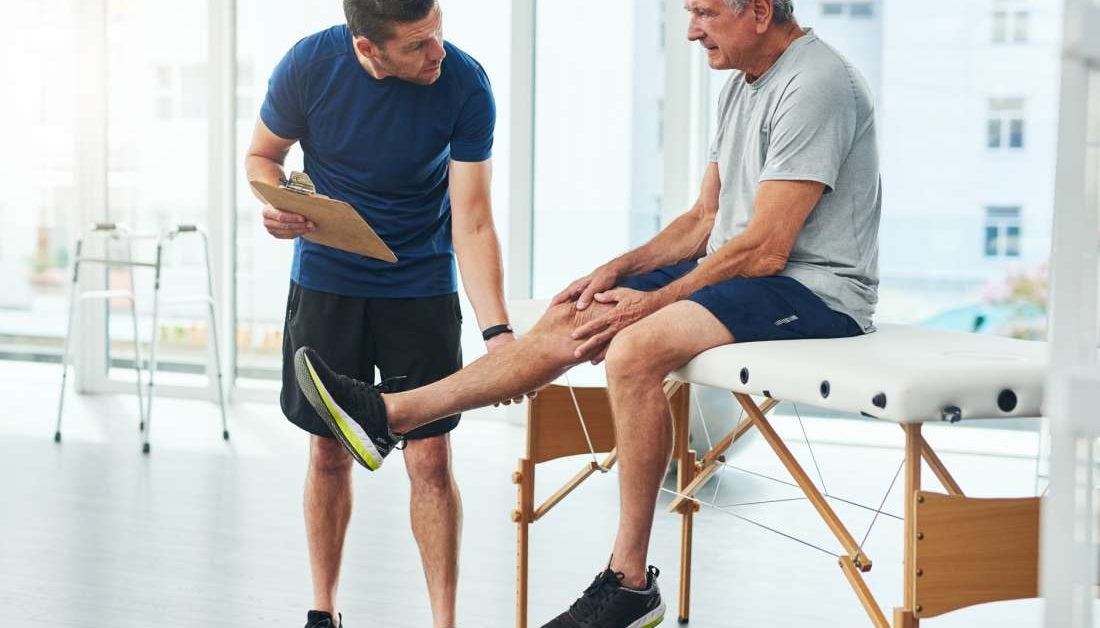The team found that males were about four times more likely to develop cardiovascular disease than females. Moreover, they saw a link between lower muscle mass volume and a higher risk of cardiovascular problems in the case of males.
At the other end of the spectrum, males with the highest muscle tissue volume at baseline had an 81% lower risk of events such as stroke and
heart attack, compared with those with the lowest muscle mass at the start of the study period.
The team also found that males with the highest muscle tissue volume at baseline had a lower prevalence of other risk factors for cardiovascular issues, such as
high blood pressure,
diabetes, or
obesity.


